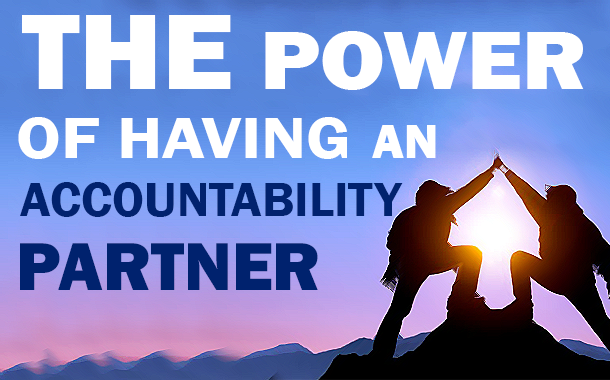
The year is more than half way through. That’s 26+ weeks of your time spent on your solo practice. But what have you accomplished?
It is easy to get into a routine, doing what you need to do in your law practice. Get the work, do the work, bill the client. Lather. Rinse. Repeat. It is so easy, in fact, that we let days, weeks, even months slip by without even realizing it and we find ourselves stagnating. We aren’t growing our business anymore. We are just maintaining status quo.
At least, that’s where I was at the end of the last year. I was frustrated by the fact that my firm, while profitable, wasn’t getting where I wanted it to go. The problem was that, while I was being accountable for my obligations as a lawyer, I wasn’t being held accountable for my obligations as a business owner.
Those obligations, by the way, are all about the money. Do you have enough in cash reserves to tide you over for a lean month (or two or three)? Will you be able to give your staff a raise when it’s time to do so? Are you paying yourself what you should be paid as an attorney? Those are the kinds of questions you need to answer as a business owner. If the answers are “No,” then you need to be held accountable for getting your business growing.
In my case, I was at a tipping point. My firm made money last year, but not quite enough. I was paying myself, but not consistently. I couldn’t really afford to give raises to my staff without cutting my own income. I found myself putting off hiring, expanding the firm, moving to a bigger office, etc. I was still attending 3 or 4 networking events/breakfasts/lunches a week. I was running my law firm like a new solo – which is to say, far too often by the seat of my pants – six years into my practice. No bueno.
The answer was not just to have a plan and stick to the plan. I have had a plan all along. And if you asked me, I would have said I was sticking to the plan. But at the same time, I could not have told you what specifically I had done to move my business forward in the past week, two weeks, or two months.
There was a missing piece to the plan: I had no one to be accountable to but myself. I needed an Accountability Partner.
An Accountability Partner is just exactly what it sounds like. You meet weekly with your Accountability Partner to review what you did the previous week to move the ball forward, and to plan what you are going to do the next week. This person can be a consultant you hire, your paralegal, another solo attorney, your spouse – anyone you trust to hold you accountable for your business.
In my case, I hired a consultant who helped me rewrite my marketing plan and client services plan. Next, we set goals for getting better business systems in place, for marketing the firm, and for client service. Not just any goals: Big Hairy Audacious Goals (and if your goals aren’t Big, Hairy and Audacious, then you need bigger goals).
Each week, we set tasks toward those Big, Hairy and Audacious Goals that I (or my staff) have to accomplish that week. My Accountability Partner helps me to make sure that I complete those tasks. That way I am consistently working toward my goals. (FYI: It’s not just me coming up with the tasks and goals, either. The advantage of hiring a consultant is that she contributes her knowledge and ideas as well.)
My Accountability Partner keeps me on track and on task. Every week this year we have made progress toward the Big Hairy Audacious Goals I set for my firm. My firm has started implementing better systems, and client satisfaction has improved. We are getting more and more referrals from existing clients, too. I’m happier and more productive. My staff is happier and more productive. The real proof is in the numbers: I generally score about 90% on my task completion, and revenue is up 30% over this time last year.
Before you know it, another year will have passed. So find yourself an Accountability Partner and start working your plan.
All opinions, advice, and experiences of guest bloggers/columnists are those of the author and do not necessarily reflect the opinions, practices or experiences of Solo Practice University®.





















Comments are closed automatically 60 days after the post is published.